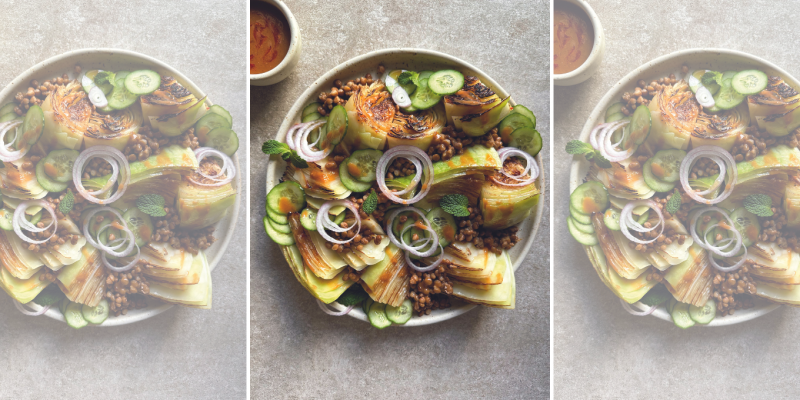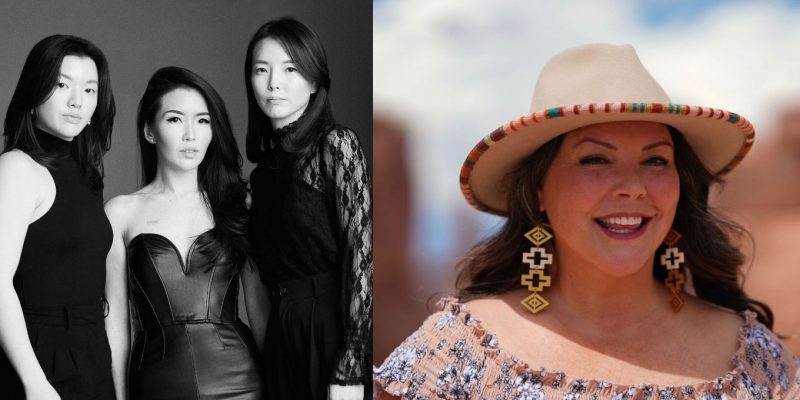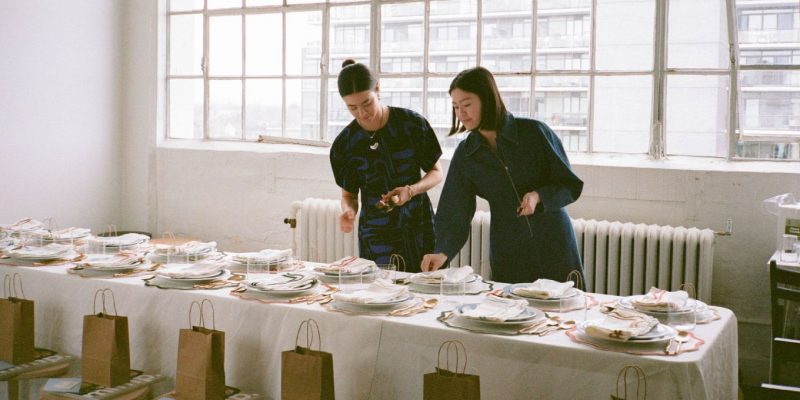Society
Everything You Need to Know About Intrauterine Contraceptives (IUCs)
Find the right contraception that fits with your plans.
by : ELLE Canada- May 25th, 2022

ELLE Canada
“The conversation about women’s health and sexual health is a conversation that is growing, changing and becoming more common all around,” says Serena Pitt, who’s best known from her time on The Bachelor and Bachelor in Paradise. “I feel comfortable having these conversations, however, it hasn’t always been a conversation that’s so open. I would even say that when I was in my teen years—not even that long ago—it was kind of taboo.”
At ELLE Canada, we believe it’s important to advocate for yourself and make informed decisions—especially when it comes to your sexual health. That’s why we’ve teamed up with Pitt and Canadian gynecologist Dr. Kristina Dervaitis for an honest and open conversation about sexual health, birth control methods and, more specifically, IUCs. Here’s what we learned.
Serena Pitt: Dr. Dervaitis, can you start us off by explaining what IUCs are and how they play a role in sexual health?
Kristina Dervaitis: “IUC” stands for intrauterine contraceptive. They’re placed by a doctor and can remain in place for three to 10 years, depending on the type chosen, and they can be removed at any time by a health-care provider. The most commonly prescribed IUC in Canada tends to be a five-year one.
There are two types: hormonal and copper. Hormonal IUCs generally release progestins locally to the lining of the uterus, so it’s a [much] lower hormone exposure compared to the birth control pill. The copper [IUC] is basically a T-shaped device [with] a copper wire wound around the centre portion of the T, and they can last for up to 10 years.
SP: This might not be the most glamorous question, however, it is an important one. How are IUCs inserted?
KD: IUCs are inserted by a health-care provider, and usually it’s a brief procedure that takes five to 10 minutes.
SP: How do you decide what’s right for you?
KD: It’s a personal choice, and it’s really important when you’re making that decision that you arm yourself with facts from a reliable source. And keep in mind that every patient, every person, is unique, so what might be right for one person might not be right for another.
A really common myth is the idea that it’s necessary to have already had kids in order to use IUCs—that’s absolutely false. In fact, we have several options on the market that are designed for people who have not had kids. That’s part of why IUCs are recommended as number one or the first line of contraception for all sexually active patients by the Society of Obstetricians and Gynaecologists of Canada and also the Canadian Paediatric Society.
SP: How accessible are IUCs?
KD: Here in Canada, IUCs are very accessible. The cost varies from province to province, but when you look at the overall lifespan of the contraceptive device, on a monthly basis, it actually works out to be less expensive than many other hormonal contraceptives, like the pill, the patch or the ring.
SP: What would you recommend to someone who’s going to see their doctor and inquiring about IUCs?
KD: When someone’s having a conversation about contraception with their health-care provider, they’re going to be asking about all their different options and getting some of the facts. But I think it’s really important for that patient to also be asking themselves some key questions, like “What are my primary goals over the next five years?” [and] “Do I want to use a contraceptive that requires a daily routine?”
Once an IUC is in, it doesn’t require you to remember to do something every single day. And that’s why it’s so effective—[there’s] a less than 1 percent chance of pregnancy compared to the birth control pill, for example, which has a 9 percent chance of pregnancy because people forget to take pills, or condoms, which [have] an 18 percent chance of pregnancy if used alone. IUCs have really high satisfaction rates—higher satisfaction rates than even the birth control pill.
To learn more about IUCs, talk to your health-care provider or head over to birthcontrolforme.ca.
This content was created by ELLE for Bayer
Newsletter
Join our mailing list for the latest and biggest in fashion trends, beauty, culture and celebrity.
More from Society
Read Next

Fashion
Zendaya Welcomes Spring in a Retro Floral and Tulle Dress
Another day, another preppy tennis-core look.
by : Briannah Rivera- Apr 23rd, 2024

Culture
A Joe Alwyn Source Explains Why He Didn’t Want to Talk About Dating Taylor Swift
Following the release of The Tortured Poets Department, new insight about the British actor’s decision emerges.
by : Alyssa Bailey- Apr 23rd, 2024

Culture
ELLE Escapes: Savannah
Where to go, stay, eat and drink in “the Hostess City of the South.”
by : ELLE- Apr 15th, 2024




